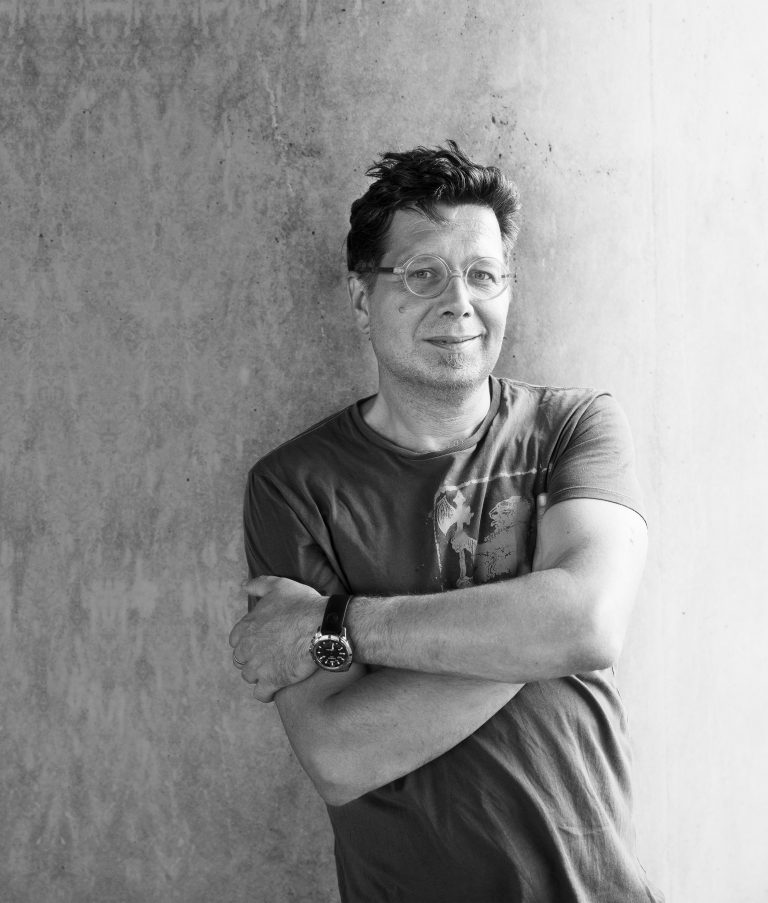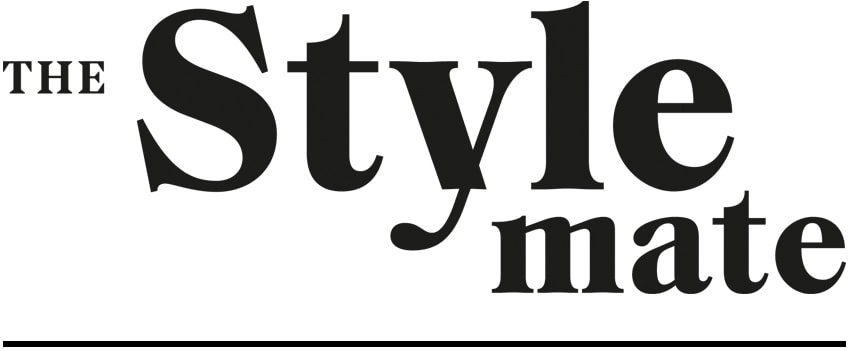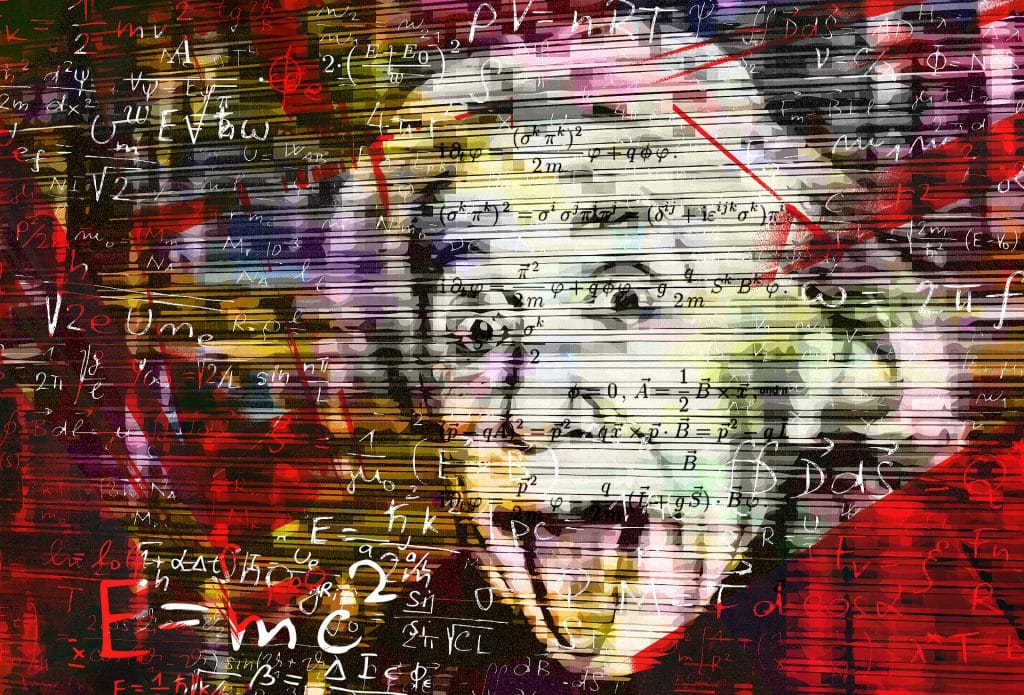Einstein’s Tongue
Is a fact still true even if it is not yet recognised as being true? Most people think so. After all, the planets were orbiting around the sun long before Copernicus came along, not orbiting the Earth, as they had believed in the Middle Ages. There was also gravity before anything fell out of the hand of the first humans. But do facts always remain the same? Or do they evolve?
A couple of years ago, a film crew needed a bear. They wanted it to break into a wooden cabin, destroy everything, then run away when a hunter came and fired a shot. Because they couldn’t get hold of one, they used a circus bear. It dutifully broke into the cabin and wrecked the place, but when the shots were fired it ran out, jumped on a bicycle and rode away.
Do you believe in evolution?
I don’t mean natural selection through alcohol abuse or driving too fast, or the fact that mankind evolved from apes or pigs, nor do I mean the evolution of buttons (from buttons that stick all the way through to modern touchscreens), bikes or running shoes. What I mean is that homo sapiens is not the highest of all creation, it develops and will at some point die out – in the next six thousand to seven million years, if the mathematicians are to be believed. Can you imagine that in twenty million years, which is barely the blink of an eye in terms of time, it won’t be people ruling the world but more likely insects, rats, birds, worms and viruses? Don’t all animals adapt to their surroundings – are there not butterflies with eyes on their wings, sand-coloured fish and chameleons? Soon there will be creatures that look like speed cameras, discarded condoms or flattened energy drink cans.
But we’re not there just yet.
Five hundred years ago, the postal service was established and the pedal on a spinning wheel was considered rather mysterious, the work of the devil. Today, we can communicate no matter where we are and conjure up lunch using a 3D printer. While the Wright brothers were still experimenting with flying machines, Albert Einstein had already proven that time and space are relative and that mass has energy. Humankind inhabits but a speck of dust within a solar system that sits somewhere on the edge of an insignificant galaxy, and yet it has devised models for the blueprint of the world that differ so greatly from everyday knowledge that it will put your head in a spin. It wasn’t until the arrival of the railway that the time in European cities was synchronised, whereas these days we have GPS, satellites and facial recognition – all by-products of Einstein’s theory of relativity. Physicists are able to calculate the weight of the universe and determine the time of the Big Bang, but that all goes out the window if you accept the existence of six other dimensions. That involves space-time warps and quantum entanglement. Most physicists will also say that a fact only becomes true when you see it for yourself – before that, it’s in a state of uncertainty, like Schrödinger’s cat.
It’s a similar situation with the virus that is currently keeping us all locked away in our homes.
We only realise the reality of it when we see it. Anything else is just a possibility. Countries have been closed down because of it and the world is experiencing its biggest crisis since the Second World War.
But despite this, I believe that humankind is capable of thinking to the edge of the universe, dealing with the pandemic and sticking its tongue out at the virus – just as Albert Einstein once did to the troublesome paparazzi. Thanks to the virus, we are going through an evolution that will make the world a bit better. I hope.
We’ll only see what’s true when it’s in front of us.

Franzobel is an Austrian writer. He has published numerous plays, works of prose and poems. His plays have been produced in countries including Mexico, Argentina, Chile, Denmark, France, Poland, Romania, Ukraine, Italy, Russia and the USA.
His great historical adventure novel “Das Floß der Medusa” (Zsolnay publishing house) was awarded the Bayerischer Buchpreis (Bavarian Book Award) 2017 and was on the shortlist for the German Book Prize 2017.
Photo: Dirk Skiba

